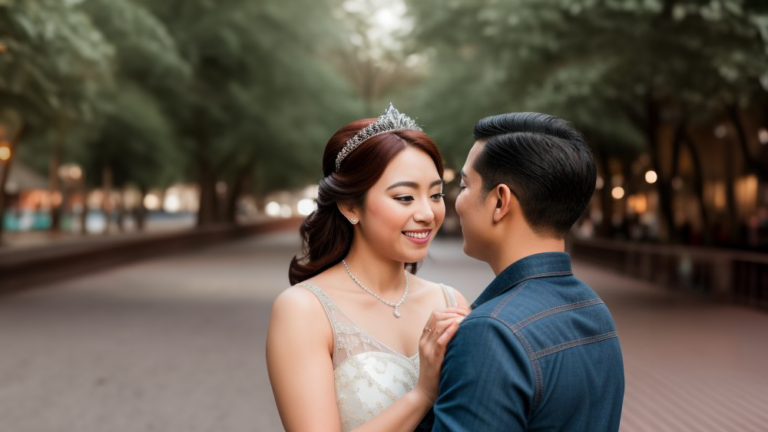Why Fewer Women Are Actively Seeking Partnerships
The traditional narrative of a woman’s life often culminates in finding a partner and building a family. But this narrative is undergoing a significant shift. Statistics show a growing number of single women, particularly millennials, who are choosing not to actively seek romantic partnerships. This trend goes beyond simply delaying marriage; it reflects a conscious decision to prioritize personal fulfillment outside of a couple dynamic. Let’s delve deeper into the factors contributing to this phenomenon.
Shifting Priorities:
Women today are achieving career successes and personal milestones once deemed solely attainable through a supportive partner. Financial independence allows them to pursue educational aspirations, travel the world, and build fulfilling careers. The pressure to find a partner to complete them has waned, replaced by a drive for self-discovery and personal growth.
Dating Fatigue and Dissatisfaction:
The rise of online dating hasn’t necessarily translated to a utopia of easy connections. Many women experience a cycle of shallow interactions, ghosting, and incompatibility that can leave them feeling discouraged and burnt out. The constant barrage of swiping and superficial conversations can make genuine connections feel elusive, leading some women to disengage from the dating scene altogether.
Redefining Relationship Models:
Traditional gender roles are being challenged, and women are no longer solely focused on finding a partner to provide financial security or stability. They are creating fulfilling lives independent of a romantic relationship. This has led to a reevaluation of what a successful relationship looks like. Some women are opting for alternative partnership models, prioritizing strong friendships and platonic connections that fulfill their emotional needs.
Focusing on Self-Love and Well-being:
Mental health awareness is on the rise, and women are prioritizing their own well-being. They are taking time to understand their needs, desires, and boundaries. This focus on self-love allows them to enter relationships from a place of strength and confidence, unwilling to settle for anything less than a truly fulfilling partnership.
The Societal Stigma is Fading:
The societal pressure to be coupled-up is diminishing. Single women are no longer viewed with pity or seen as incomplete. They are celebrated for their independence and strength. This cultural shift empowers women to choose the path that best aligns with their values and goals, regardless of societal expectations.
It Doesn’t Mean “Never”:
It’s important to understand that opting out of actively seeking a partner doesn’t necessarily translate to a lifelong commitment to singledom. Many women who choose not to prioritize dating remain open to love if it arises organically. They are simply prioritizing their own happiness and fulfillment, and trust that a fulfilling romantic partnership will find them when the time is right, if at all.
The decision to prioritize singlehood is a personal one, driven by a complex interplay of factors. It’s not a rejection of love or commitment, but rather a conscious choice to invest in personal growth, redefine relationship models, and prioritize self-love. As societal norms continue to evolve, it’s likely that we’ll see a future where single women are not just accepted, but celebrated for choosing the path that brings them the most fulfillment.



